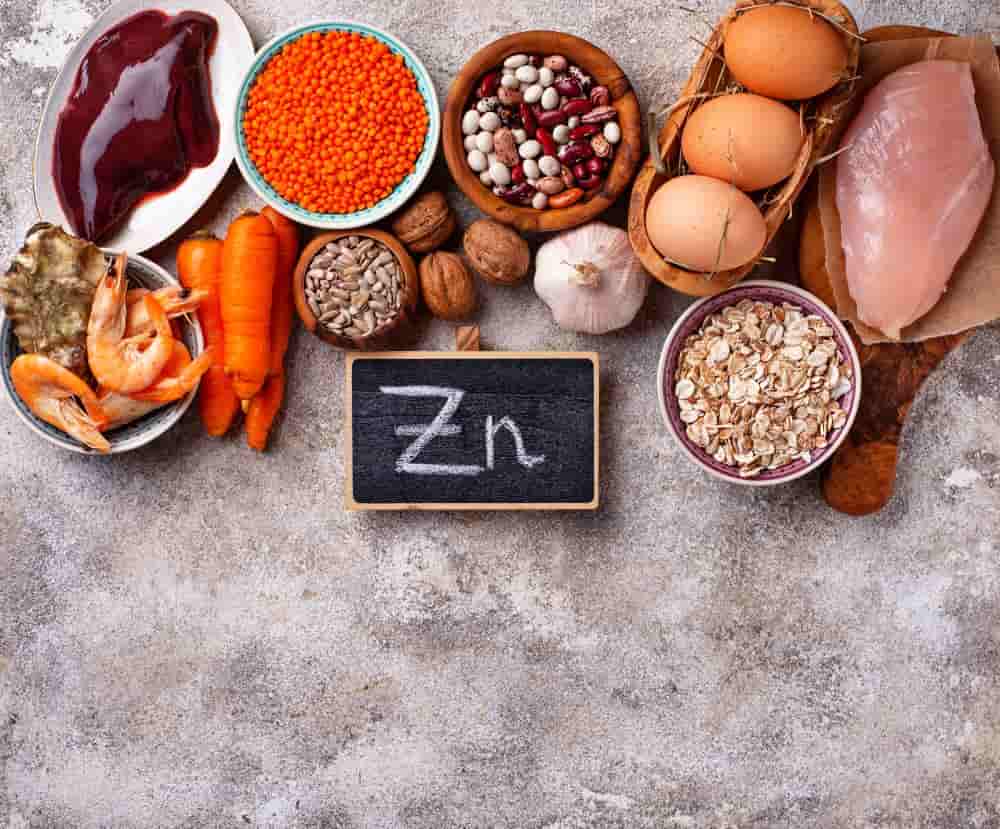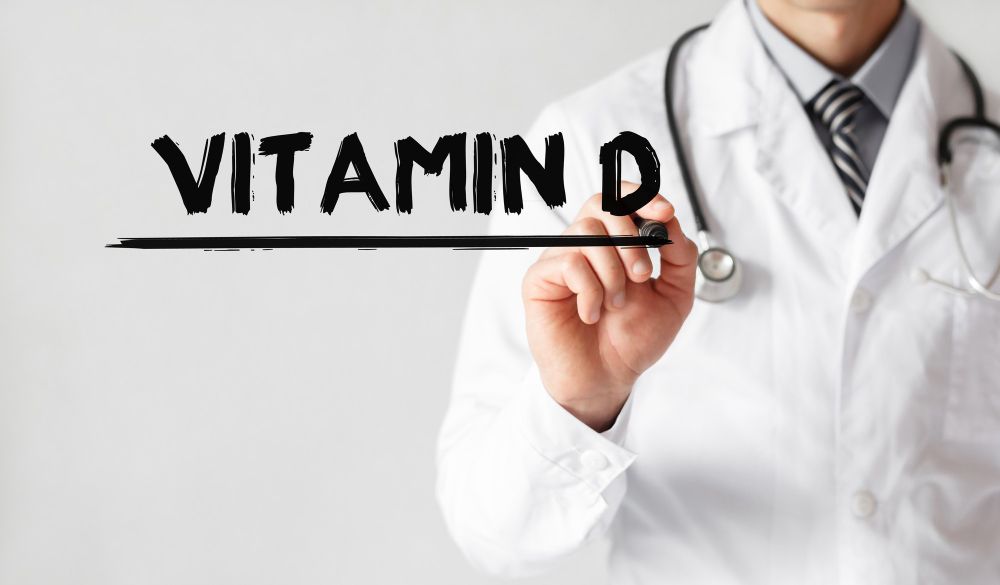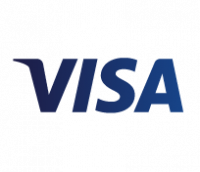With the introduction of COVID-19 into our lives, it is observed that the interest in vitamins and other supplements has increased. This increase is due to a perception that dietary supplements will protect consumers from infection or reduce the effect of infection due to various "immune-boosting" claims of these products. Is it effective in preventing 19? Let's examine the most used supplements during the pandemic period together!
Omega-3 Fatty Acids

Omega-3 intake can be obtained from a diet high in fish or through dietary supplementation with fish oils or purified oils. Omega-3 is very important especially for sensitive groups such as pregnant and lactating women. There is substantial evidence that omega-3 fatty acids and other fish oil-derived lipids have antithrombotic and anti-inflammatory properties, and are therefore considered to have therapeutic value against prothrombotic complications of COVID-19. While studies and evidence are insufficient to draw conclusions about whether omega-3 fatty acids may be beneficial in the treatment of COVID-19, a diet rich in fish oils is very unlikely to have adverse effects.
Zinc

Zinc is an important mineral for our immune system. Zinc can also be obtained from dietary sources such as meat, seafood, nuts, seeds, legumes and dairy products. Zinc supplementation can significantly increase our defense against viral infections. In an observational study, it was shown that COVID-19 patients have significantly lower zinc levels compared to healthy people, and that zinc-deficient COVID-19 patients tend to have more complications. Overall, although there is substantial data for zinc supplementation against colds and viral infections, there is currently limited evidence to suggest a beneficial effect of zinc supplementation against COVID-19. Considering the potential relationship between zinc deficiency and disease, adopting a healthy and balanced diet to ensure adequate zinc intake may be recommended for individuals wishing to reduce the likelihood of infection.
C vitamin

Vitamin C can be obtained through dietary sources such as fruits and vegetables or supplements. Vitamin C has important effects on our immune system. Vitamin C is used by the body during viral infections and these levels return to their initial levels after infection. Vitamin C intake is an important part of a healthy diet, but its therapeutic effects against COVID-19 have yet to be determined. The recommended intake for vitamin C is 75-90 mg per day according to the FDA, and 110 mg per day according to the EFSA.
Vitamin D

Although vitamin D can be obtained through diet or supplementation, it is mainly synthesized as a result of our body's exposure to sunlight. Safe exposure to sunlight has the potential to improve the endogenous synthesis of vitamin D, which is important in terms of strengthening our immune system. While the studies conducted give us information about the potential importance of vitamin D adequacy and the risk of SARS-CoV-2 infection and severe COVID-19, it cannot definitively determine whether vitamin D supplementation will therapeutically affect the clinical course of COVID-19. Maintaining a healthy diet is important for preventive vitamin D supplementation and for people's optimal vitamin D status.
Due to their anti-inflammatory and immunomodulatory effects, probiotics are associated with many potential beneficial effects for allergies, digestive system disorders and even metabolic diseases.
Probiyotikler

Probiotics; It has been associated with many potential beneficial effects for allergies, digestive system disorders and even metabolic diseases. Until clinical trials investigating the disease preventive and therapeutic potential of probiotics for COVID-19 are completed, it is not possible to provide an evidence-based recommendation for their use.
As a Result
Despite the benefits of dietary supplement interventions, there is little clinical evidence to support their use for the prevention or alleviation of COVID-19 infection. Consumption of an adequate and balanced diet is gaining importance. Adequate intake of vitamin C, vitamin D, and zinc is important in maintaining optimal immunity. Considering that it is common, individuals should pay attention to their nutritional status, especially their vitamin D intake.











